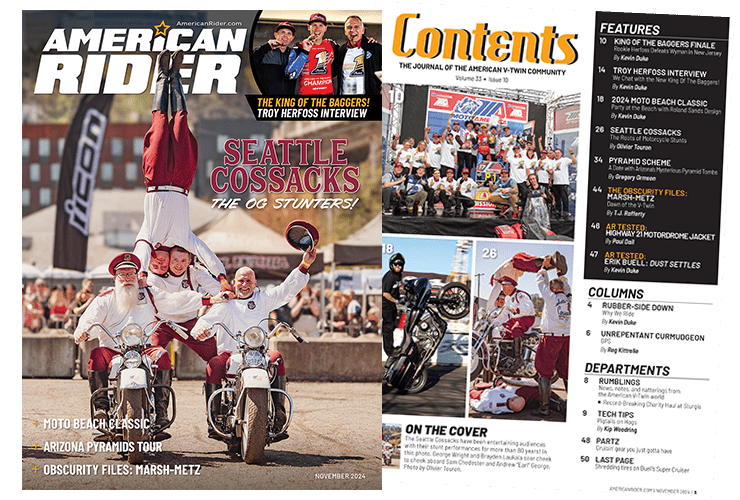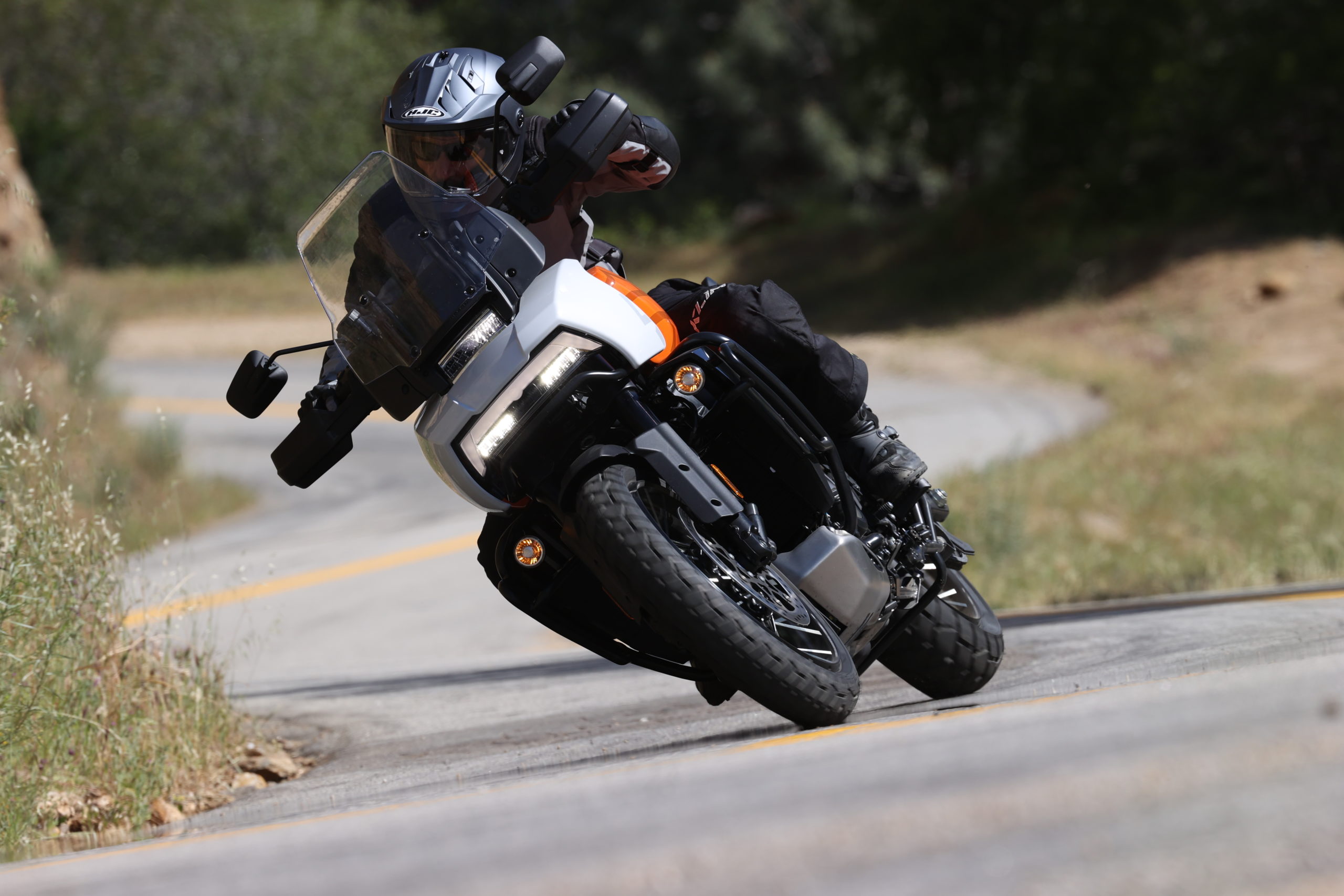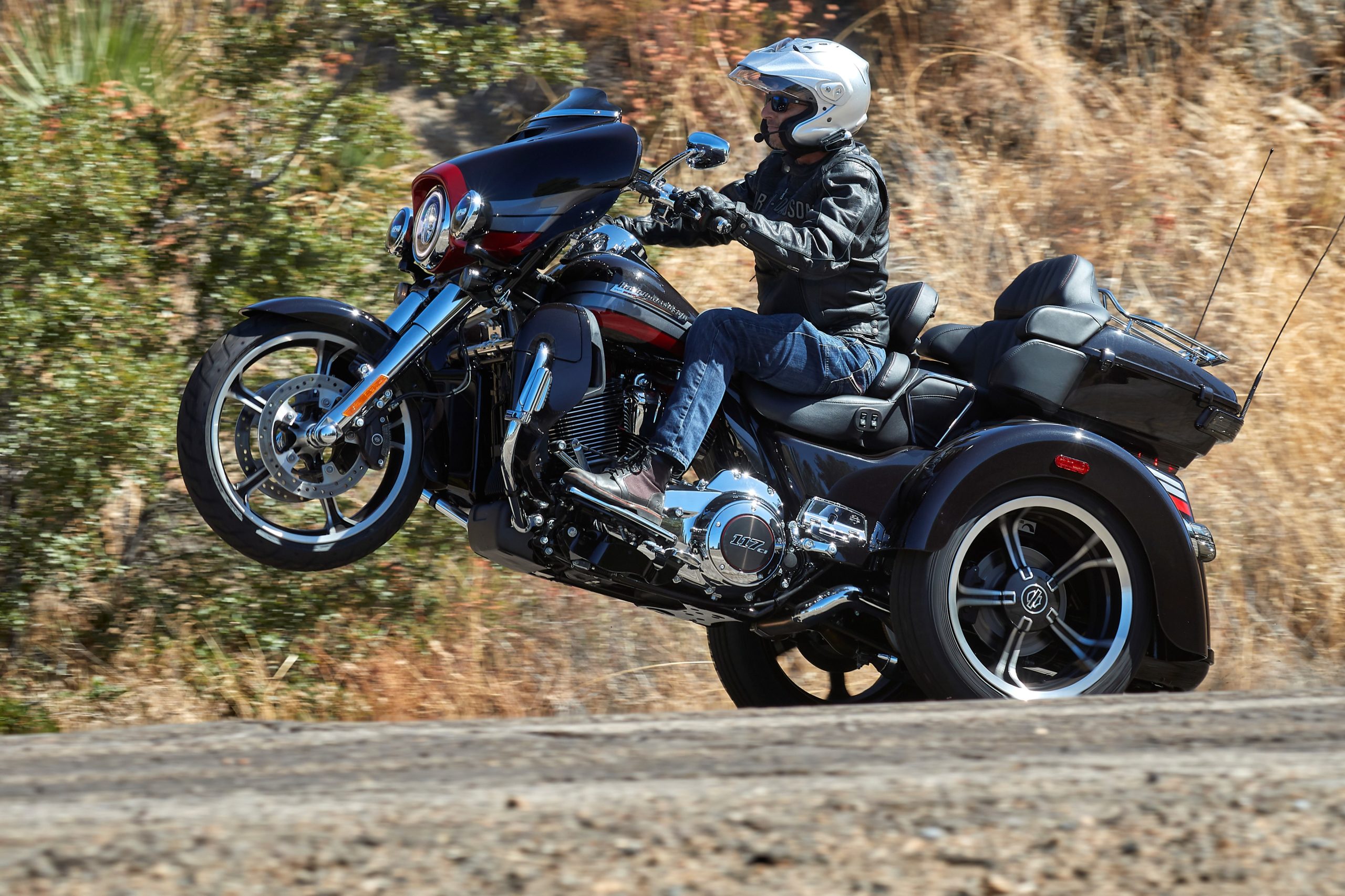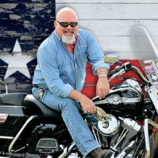I’m sitting here awash in red ink; positively swimming in the stuff, and it’s all because of the economy. Sort of. But I don’t want to talk about my red ink problem just yet. I want to talk more broadly about our country’s current fiscal malaise, and how best to address it, starting with a popular American means of dealing with the blues that has come to be called “retail therapy.” The way this regimen works is that when you’re feeling down you go out shopping and buy yourself something nice. The reason this therapy is so popular is because it works, and that’s been demonstrated clinically—though the effectiveness of this approach varies, with really cool purchases like a new motorcycle being the best medicine. It may seem counterintuitive when times are tough to go out and drop big bucks on a bike, but it’s something to seriously consider under the maxim—borrowed loosely from Gilbert Sheldon—that motorcycles will get you through times of no money better than money will get you through times of no motorcycles.
It just got easier, too. Under the provisions of the recently-enacted stimulus package you can now take a deduction on your federal tax return for all state and local sales and excise taxes on the purchase of any bike that costs less than $49,500. You can take that deduction whether you itemize or not. So go buy a bike. You’ll feel better.
It’s a win-win proposition, the way I see it. You’ll reap the proven benefits of retail therapy, and you’ll go out riding, which is in and of itself a time-honored stress reliever. That activity is exactly what many of us are doing to treat our “recession depression,” and some riders are even taking the cure a step further: They’re riding their bikes over to the bank and sticking it up. Over the course of the six months since the banking system pooped the bed, an exciting new trend has emerged as no fewer than a dozen bank jobs have been pulled nationwide by enterprising motorcyclists.
Needless to say, I was filled with pride and joy when this phenomenon came to my attention. Not only were my brothers and sisters (yes, one of the perps was a woman) being proactive about their economic angst, they were doing so in a manner that revived a grand American tradition from the Great Depression, and paid homage to enduring cultural icons of that period—John Dillinger, Baby Face Nelson, Bonnie and Clyde, Ma Barker, and Creepy Karpis, to name a few.
My joy was short-lived. As I dug further into the trend, I was dismayed to discover what the bandits are riding. A perp in Chicago is known as the “Dirt Bike Bandit,” one in Long Beach is the “Sport Bike Bandit,” and a guy in chic Marin County is reportedly a “Supermotard Bandit” (figures). And all of the others I researched, representing Illinois, Georgia, New Jersey, North Carolina and California, are known generically as the “Motorcycle Bandit” and not a one of them rides a Harley. That’s right. Not a single real biker.
How embarrassing. We’re the ones who’re supposed to be the modern embodiment of the outlaw mythos, aren’t we? Aren’t we the ones who jump to mind in the public consciousness whenever the words “bank robbery” and “motorcycle” are used in the same sentence? Well, aren’t we?
Finding this state of affairs intolerable, I took it upon myself to set things to right and salvage the reputation of all of us. I boned up on the techniques being used by the motorcycle bandits and rode on over to my local branch bank and waltzed in wearing a full-face helmet for a disguise—a tactic common to virtually all of the other moto-robberies. But when I demanded the cash I was rewarded with a confused look on the teller’s face. She said, “I can’t understand a word you’re saying.”
I sighed and doffed the bucket, figuring that just looking like a biker and thus indistinguishable from any other biker was sufficiently incognito. I tried again. “Gimme all your money.”
“Puh,” she snorted, rolling her eyes. “Money? Are you joking? This is a bank. We don’t have any money.”
“I thought the government just gave you a bunch of it.”
“They did. We squandered it.”
“Oh. Well, what else you got? I ain’t leaving here empty-handed. I’m a desperate character.”
She mulled that one for a moment, perked up, and handed me a sheaf of papers. “Here,” she said. “We’ve got a mess of these. They’re worth billions.”
“Cool. That’s more like it. Uh… what are they?”
“Convertible derivative orders, mostly, but I think there’s some credit default swaps in there, too.”
“I don’t know what those are.”
“That’s OK. Neither do we.”
So I gathered up the documents, but growing suddenly suspicious, demanded, “You didn’t stick any of those red dye bombs in there, didya?”
“You wish. We’re trying to economize around here. Those things cost money.”
“Ah hah!” I piped triumphantly. “I knew you were holding out on me! Why don’t you just hand me a big bag of those things, pronto, lady, and I’ll get out of your hair. Oh, and have a nice day.”
And with my haul in hand I took my leave, and made a clean getaway. Sort of.
OK, now we can talk about my red ink problem.
It’s all right here in the diaries.

















